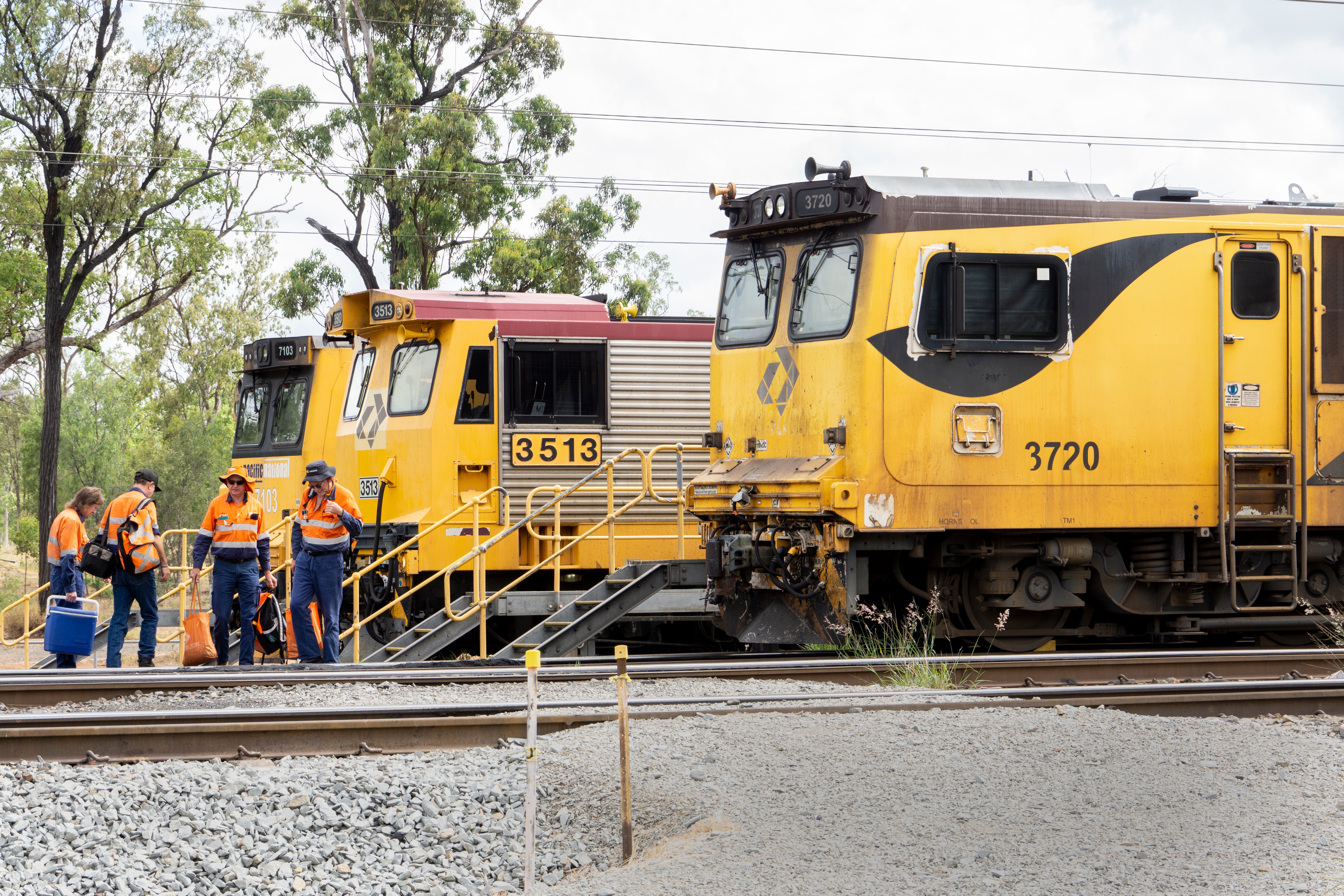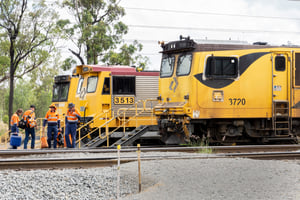With the climate crisis becoming even more important to address worldwide, the demand for every transport sector to accelerate their sustainability practices has increased more than ever.
Transport sectors are now pressured to work harder than ever to reduce their impact on the environment and contribute toward replenishing and regenerating damaged ecosystems.
Rail traditionally accounts for only 1% of overall global transport emissions, generating 16 times less carbon pollution than road freight.
However, despite this statistic, reusing materials used in rail, from major construction to day-to-day operation and maintenance, offers a huge opportunity to reduce waste and the industry’s net impact on the environment.

The Australasian Centre for Rail Innovation (ACRI) has partnered with Arup and the Australian Road Research Board (ARRB) to explore sustainability options for freight rail, focusing on recycled materials.
This study explores and highlights material options available for Australasian rail providers to drive their implementation and improve the sustainability of the rail sector.
A variety of materials were explored in this project including recycled plastic, ballast, concrete, water, rubber, glass, steel, and sustainable options for lubricants.
As the uptake of recycled materials increases, this project aims to promote greater uptake of recycled materials in rail and drive an increase in research, trials, and implementation across rail networks in Australasia.
As Australia experiences unprecedented investment in rail freight and infrastructure projects, we must seize the opportunity to build our cities’ infrastructure in a modern and more sustainable way, to benefit the future natural environment and our communities.
To contact ARRB’s sustainability team and find out how we can help you, click here.

